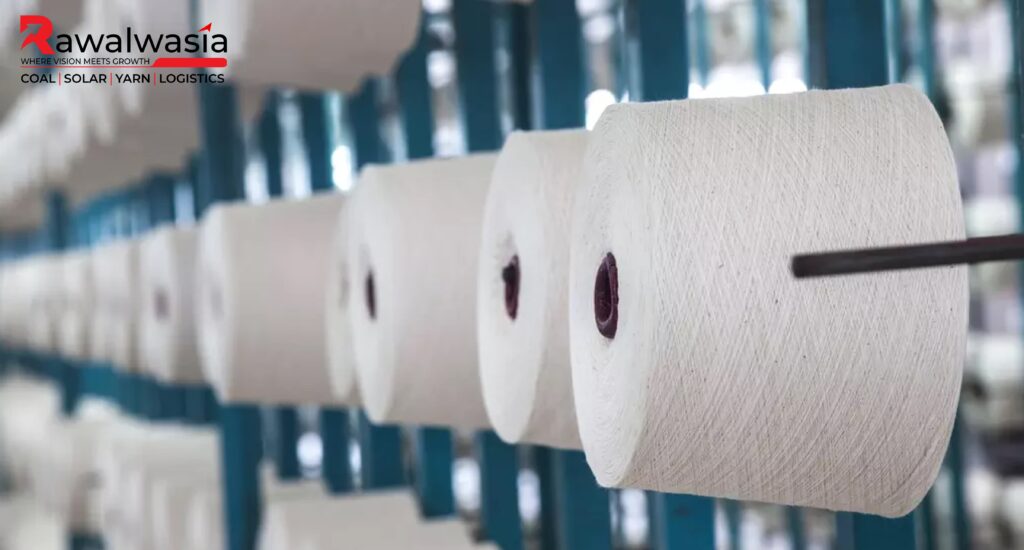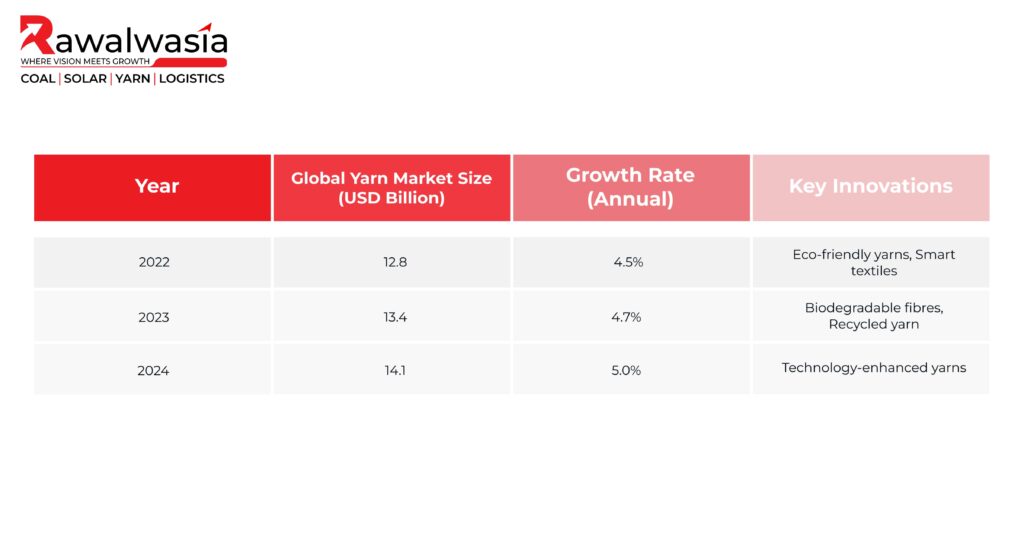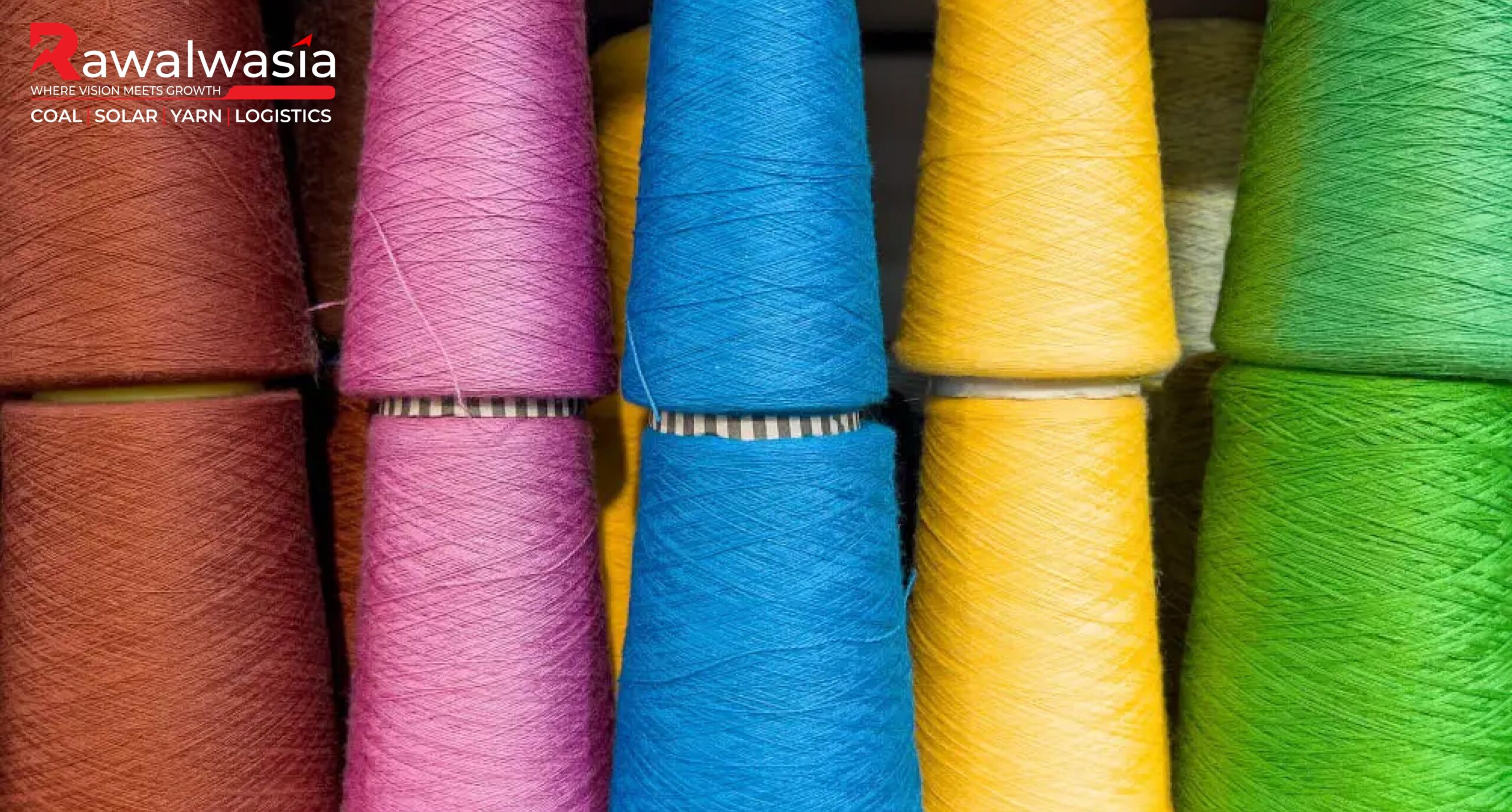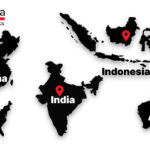Introduction

The yarn has been a fundamental element in textile manufacturing for thousands of years, woven into the very fabric of human history. The tradition of yarn-making has evolved from ancient civilisations to modern industries. Still, its essence remains rooted in the simplicity of spinning fibres into strands. “yarn” comes from Old English “gearn,” meaning spun fibre. Early yarn production was a manual process, where artisans used tools like spindles and simple looms to spin natural fibres such as wool, flax, and cotton. In many ancient cultures, yarn was critical in creating garments, tapestries, and ceremonial objects, highlighting its significance beyond practical use.
Over time, different regions developed unique yarn-making techniques, refining the process while relying on local materials. In ancient Egypt, for example, flax yarns were prized for their delicate texture and were used to create linen, one of the most luxurious fabrics of the time. Similarly, silk yarn from silkworms formed the basis of a flourishing textile industry in ancient China, with silk garments becoming symbols of status and wealth. As yarn traditions spread worldwide, they were passed down through generations, preserving the craft’s cultural significance.
Innovations in Yarn: A Quick Overview
Fast-forward to today and yarn-making has undergone remarkable transformations. The Industrial Revolution in the 18th century marked a turning point for yarn production. The introduction of mechanised spinning technologies like the spinning jenny, water frame, and power loom revolutionised the process, dramatically increasing output and efficiency. These advancements allowed for mass production, making textiles more accessible and affordable.
Modern innovations have pushed the boundaries further, with synthetic fibres like polyester, nylon, and acrylic spun into yarn alongside natural fibres. Today, innovations such as eco-friendly yarns made from recycled materials or biodegradable fibres are gaining popularity, meeting the growing demand for sustainable textiles. Advanced spinning techniques, computerised yarn mills, and even smart yarn embedded with technology for specialised applications like medical textiles and wearable tech have further expanded yarn possibilities.
Yarn: From Tradition to Innovation
Though steeped in tradition, yarn has not remained static. Its journey from hand-spun fibres to highly engineered threads mirrors the broader development of the textile industry. Traditionally, yarn was made from natural fibres such as wool, cotton, and linen, which were manually spun using spindles. This labour-intensive process was slow but produced beautiful, artisanal yarns cherished for their quality and craftsmanship.
However, the innovation in yarn-making began with the textile sector’s industrialisation. Mechanisation introduced large-scale production capabilities, and natural fibres began to be supplemented by synthetic ones. In the 20th century, synthetic yarns like polyester and nylon became common, offering cheaper, durable, and easy-to-care-for alternatives to natural yarns.
Today, yarn production is driven by both tradition and innovation. Natural fibres remain popular, particularly for luxury and sustainable textiles, while synthetic and blended yarns dominate mass-produced goods. The integration of technology into yarn-making—through computerised spinning techniques and the creation of smart textiles—represents the next frontier for the industry. These developments ensure that yarn continues to meet the needs of modern consumers while honouring its rich heritage.
Rawalwasia Yarn Dyeing Pvt. Ltd.: Supplying Varieties of Yarn
Rawalwasia Yarn Dyeing Pvt. Ltd. is a prominent supplier of diverse yarns. With years of experience in the industry, the company specialises in offering high-quality dyed yarns that cater to various sectors, including apparel, home textiles, and industrial applications. Their yarn offerings include natural and synthetic fibres, ensuring that they meet the evolving demands of the textile market. Rawalwasia’s dedication to quality and consistency makes it a trusted name for businesses seeking reliable yarn solutions.
Services by Rawalwasia on Yarn
Rawalwasia Yarn Dyeing Pvt. Ltd. provides a comprehensive range of services that support its diverse yarn offerings. The company excels in customised dyeing solutions, allowing clients to achieve the exact colours they need for their textile products. Additionally, Rawalwasia offers expert advice on yarn selection based on the specific requirements of the end product, whether it be durability, softness, or elasticity. Their state-of-the-art dyeing facilities ensure consistent quality, and their quick turnaround times make them an ideal partner for industries that require flexibility and reliability in their supply chains.
Some of the key services include:
- Custom Yarn Dyeing: Offering bespoke dyeing solutions for various yarn types.
- Quality Assurance: Ensuring each batch of yarn meets stringent quality standards.
- Expert Consultation: Helping clients choose the right types of yarn.
- Logistical Support: Providing timely deliveries to meet production schedules.
Tradition of Yarn & Innovations in Yarn: Current Data
Yarn, both in traditional and modern forms, continues to be a vital part of the textile industry. As of 2024, the global yarn market has grown significantly, with the demand for natural and synthetic yarns increasing due to their varied applications in fashion, home furnishings, and industrial textiles. Below is a summary of data on current yarn production, usage, and innovations.

This data indicates a steady increase in the demand for yarn, with innovations playing a key role in driving market growth. The shift towards sustainable and smart textiles highlights the industry’s innovation ability while remaining grounded in traditional yarn-making techniques.
Conclusion
The evolution of yarn from tradition to innovation is a testament to the textile industry’s adaptability. While yarn has its roots in ancient craftsmanship, modern innovations in synthetic fibres, eco-friendly production, and smart textiles have ensured its continued relevance. Today, yarn is more than just a thread; it symbolises how tradition can coexist with cutting-edge technology to meet the demands of a global, ever-changing market.
Rawalwasia Yarn Dyeing Pvt. Ltd., with its extensive range of high-quality yarns and expert services, is at the forefront of this evolution. By combining traditional yarn-making techniques with modern innovations in dyeing and material selection, Rawalwasia ensures that its clients can access the best of both worlds—quality products that respect tradition while embracing the future of textile manufacturing.
In conclusion, the future of yarn is bright. With ongoing innovations and a strong foundation in tradition, yarn will continue to be an indispensable resource in global industries. Whether for fashion, industrial use, or technological applications, yarn remains fundamental to human creativity and innovation.






